HIV experts ‘optimistic’ about vaccine, potentially in next two years
Three ongoing HIV vaccine trials offer reason to be hopeful, researchers say

In 1984, then-Secretary of Health and Human Services Margaret Heckler suggested that an HIV vaccine would be available within two years. Thirty-five years later, and with an estimated 38 million people living with HIV globally, we may potentially have reached that point.
Two leading HIV experts are hopeful that a viable HIV vaccine could soon be available, possibly by 2021.
Speaking to NBC News, Dr. Susan Buchbinder, director of San Francisco Department of Public Health’s Bridge HIV research program, said that three current trials have led to “perhaps one of the most optimistic moments we have been in.”
Buchbinder is chair of two of those trials — Imbokodo and Mosaico — with a third trial known as HVTN 702.
“We have three vaccines currently being tested in efficacy trials,” she told NBC News, “and it takes quite a bit to actually be promising enough in the earlier stages stages of trials to move you forward into an efficacy study.”
HVTN 702 is the oldest of the three and is based on a previous vaccine trial — RV144 — that reduced HIV infections by 30%, a rate that was too low to allow more widespread use.
Begun in 2016, the HVTN 702 trial uses a modified version of the RV144 vaccine and is being tested on 5,400 men and women in South Africa. Clinical trials are expected to complete at the end of next year.
Imbokodo and Mosaico differ from HVTN 702 by offering a “mosaic” of immunogens to target a wide variety of HIV strains, whereas HVTN 702 is targeted at a strain predominantly found in southern Africa.
Imbokodo begun trials in 2017, while Mosaico — which is largely the same as Imbokodo, but uses different formulations for the final two of its six injections — started clinical trials last month.
While both trials started in southern African nations, Mosaico will also be tested on 3,800 gay men and transgender people in the U.S., Latin America, and Europe.
Buchbinder told NBC News that even achieving a partially effective vaccine would result in “a tremendous breakthrough” that could “change the trajectory” of the HIV epidemic.
Dr. Anthony Fauci, director of the National Institute of Allergy and Infectious Diseases, said that even if a vaccine is only 50% effective it would be worth deploying alongside other prevention methods such as PrEP, to prevent new infections, and TasP (Treatment as Prevention), to ensure those living with HIV reach undetectable — and thus untransmittable — status.
Fauci told NBC News that PrEP and TasP are “being so successfully used, even in the absence of a vaccine, that if one or more of these vaccines look good, have a 50-60 percent efficacy, I think that’s going to be the game changer for turning the epidemic around.”
He also noted that clinical trials typically end early only if the trial is performing particularly poorly, or the tests produce “overwhelmingly good” data.
As yet, “there’s nothing there to say stop the study” for Imbokodo or HVTN 702, either positively or negatively.
Under the Trump administration, the government has committed to eradicating HIV/AIDS in the U.S. by 2030, with the administration providing almost $300 million to aid efforts to end the epidemic.
Paul Kawata, the executive director of NMAC, formerly known as the National Minority AIDS Council, recently told Metro Weekly that HIV has “completely fallen off the radar” in terms of public support for ending the epidemic.
“[People] think it’s over — [and] partially why they think it’s over is because there are effective treatments,” Kawata said. “We are extraordinarily grateful for those treatments. But what we need to understand is that those treatments are not a cure, and need to be taken for the rest of your life, in a very specific way.”
Read more: Paul Kawata: “HIV has completely fallen off the radar”
Hope for a vaccine comes amid a number of recent strides in attempts to better detect, treat, and prevent HIV transmission.
Last month, scientists discovered the first new strain of HIV in almost two decades, as part of efforts to improve detection and testing methods for the virus.
And in April, researchers at the University of Pittsburgh said they had developed an immunotherapy method that can “kick and kill” latent HIV virus in infected cells.
Two recent studies have also shown the effectiveness of antiretroviral drugs in preventing HIV transmission.
In May, a study of nearly 1,000 serodiscordant gay male couples (where one partner was HIV-positive and on antiretroviral medication and the other HIV-negative) who had sex without condoms found that, over an eight-year period, there were no cases in which the HIV-negative partner contracted the virus through sex.
It confirmed the findings of 2017’s Opposites Attract study, which monitored 358 serodiscordant couples engaging in condomless sex and found that having undetectable levels of HIV virus “effectively prevents” transmission.
The use of PrEP — commonly known by brand name Truvada — to prevent transmission in HIV-negative people is also having an impact, with the Australian state of New South Wales this year reporting the lowest number of new infections since records began, something they’re attributing to PrEP being added to a list of subsidized drugs and thus increasing its availability.
Read more:
Trump is undoing ‘decades of progress’ on LGBTQ rights, bipartisan civil rights agency says
Utah pushes rule banning conversion therapy, will go into effect Jan. 22
Jamie Lee Curtis supports outing ‘hypocritical’ closeted politicians with anti-LGBTQ records
Support Metro Weekly’s Journalism
These are challenging times for news organizations. And yet it’s crucial we stay active and provide vital resources and information to both our local readers and the world. So won’t you please take a moment and consider supporting Metro Weekly with a membership? For as little as $5 a month, you can help ensure Metro Weekly magazine and MetroWeekly.com remain free, viable resources as we provide the best, most diverse, culturally-resonant LGBTQ coverage in both the D.C. region and around the world. Memberships come with exclusive perks and discounts, your own personal digital delivery of each week’s magazine (and an archive), access to our Member's Lounge when it launches this fall, and exclusive members-only items like Metro Weekly Membership Mugs and Tote Bags! Check out all our membership levels here and please join us today!









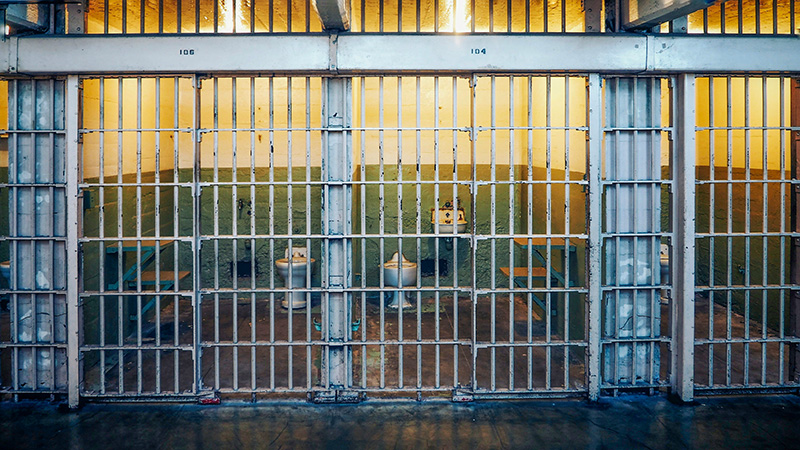
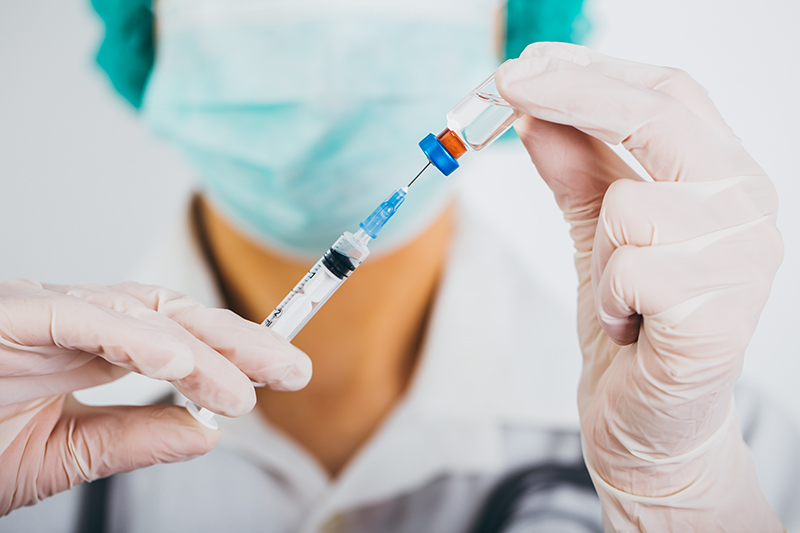
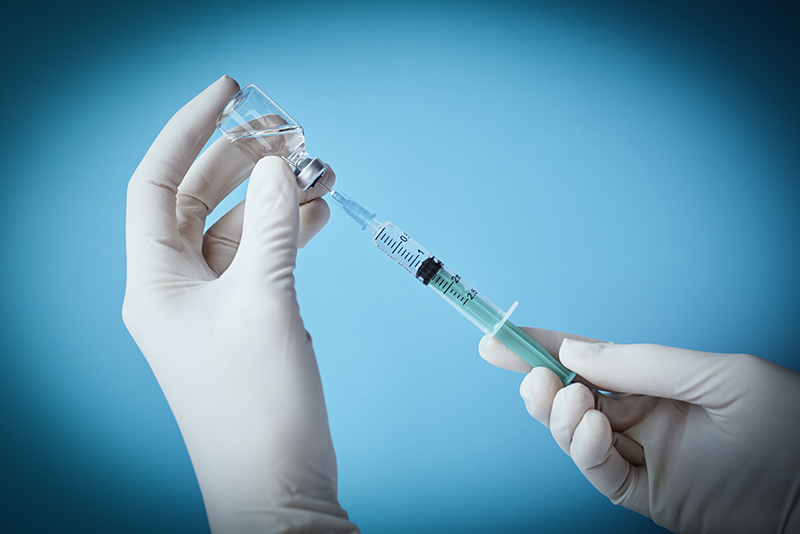














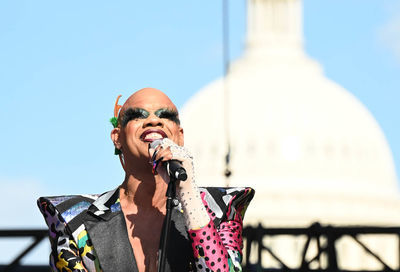
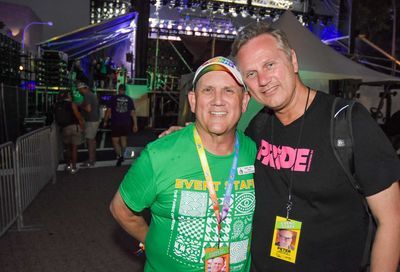
You must be logged in to post a comment.